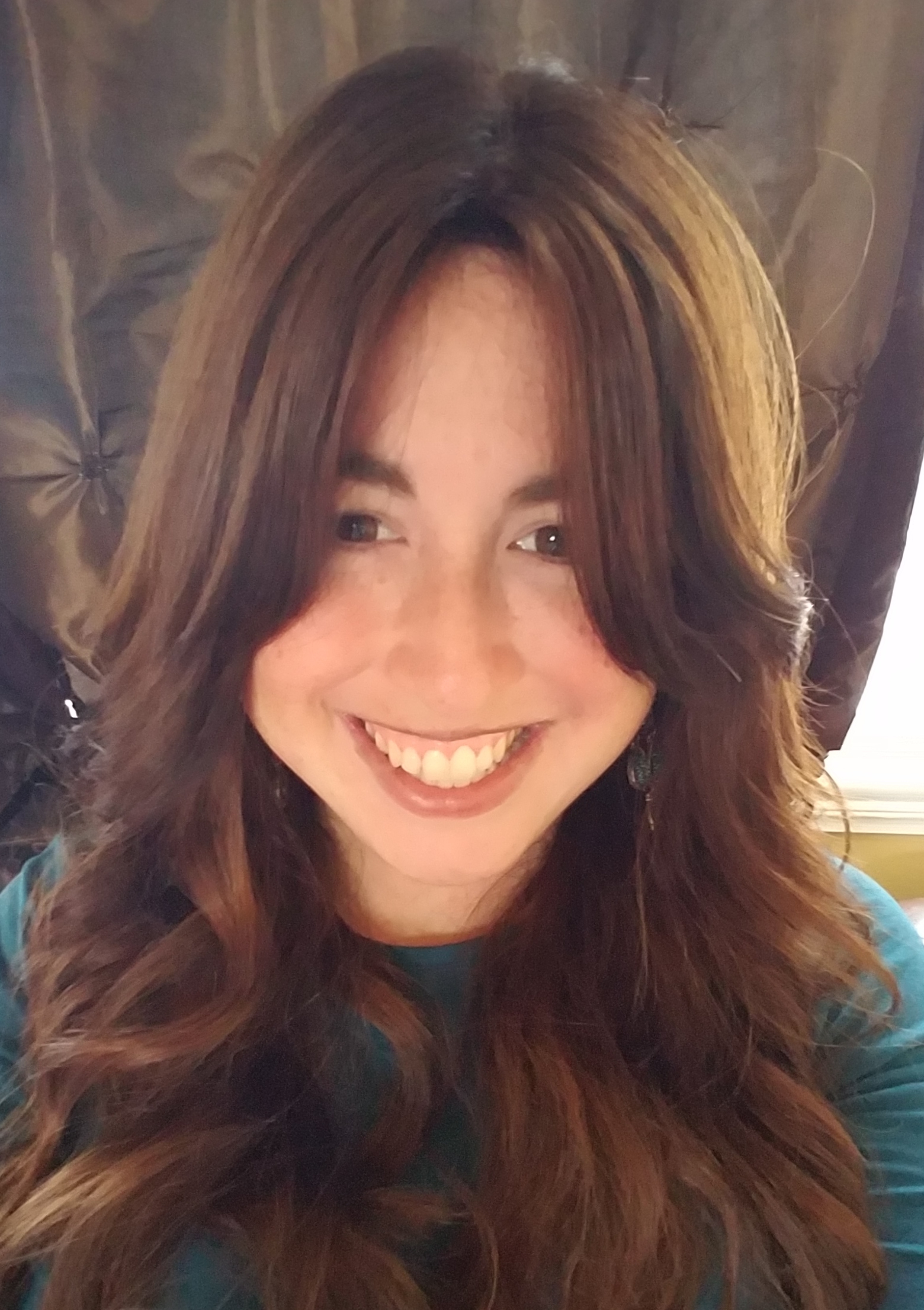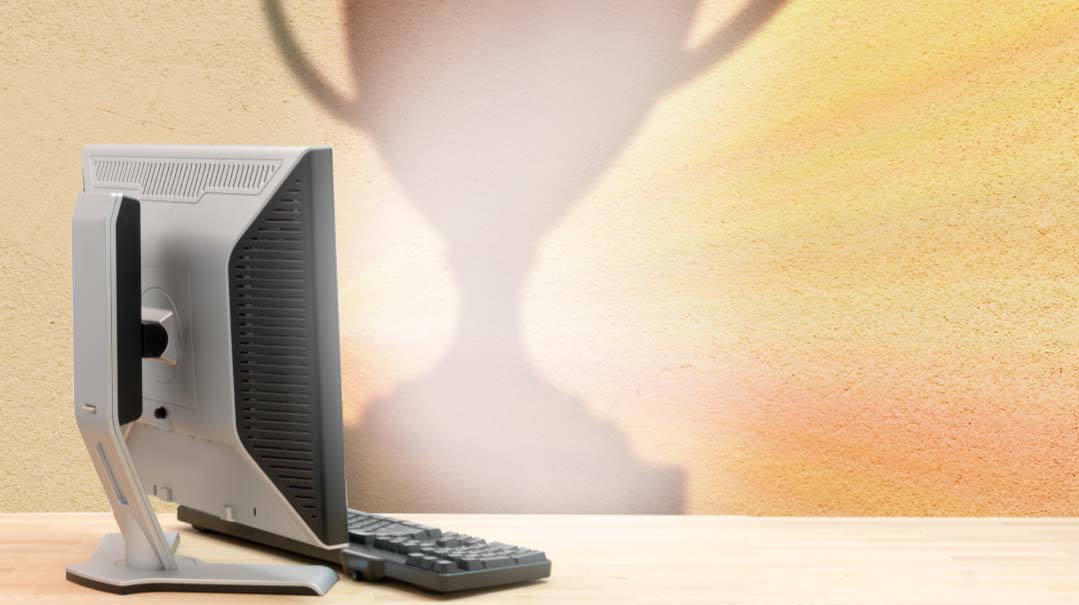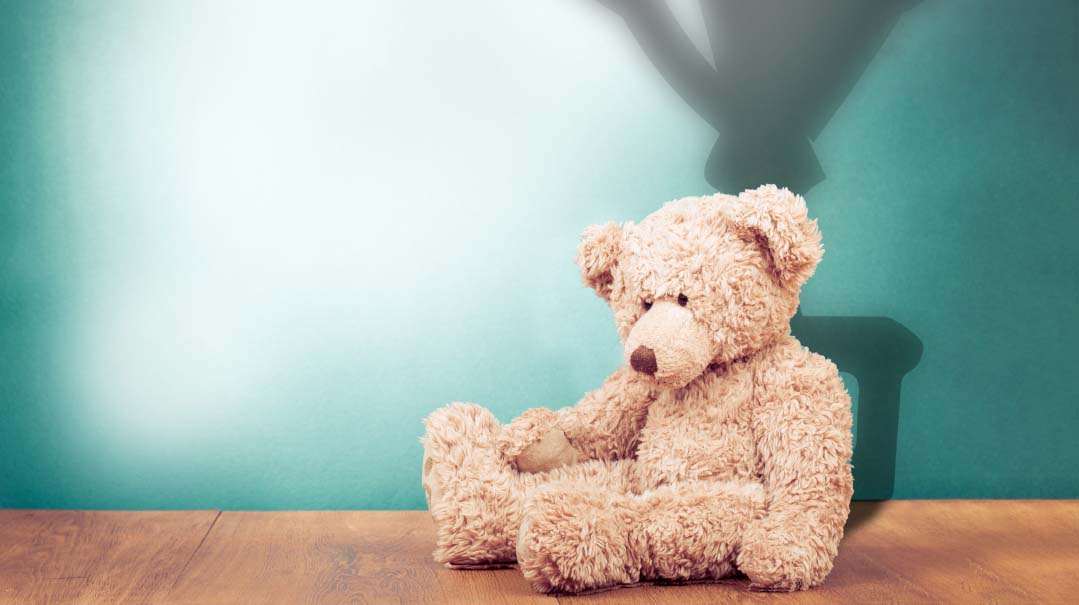Beyond the Grave

When the gravediggers realized who was in the casket in front of them, they cried harder than we did

Beth Perkel, as told by Shira Gold
My mother knew firsthand what it meant for a child to do without. Born in a DP camp, she grew up as an only child, and lost her father at the tender age of 13. From that point on, her mother had to constantly scrimp to get by.
This experience made my mother extra sensitive to the needs of children; she never wanted them to feel hungry or unsafe. And it was because of this empathy that she made a weekly kiddush Hashem, helping a group of burly Irish veterans put food on the table and feed their children over the course of many years.
The story began at a literal crossroads. That crossroads was Boston’s South Station during the late 1980s and early 1990s, and the setting was a branch of a major Boston bank located on the train station’s upper level. Back then, the Gravediggers Union of Boston gave out its paychecks on Thursdays. This left the hard-working, often downtrodden workers with minimal opportunity to cash their checks in time for the weekend. Debit cards and ATMs were just coming out, and credit cards weren’t in everyone’s wallets back then. Bank branches were the only way for these workers to get cash to put food on the table for their families.
Because South Station was the heart of the local train route, almost all trains passed through it, so the bank branch on its upper level was the ideal location for the gravediggers to cash their checks. Many of them raced to make it there after work on Thursday or before work on Friday. Thursday evening was challenging because they had to commute from outside the city and didn’t always get to the bank before closing time, and Friday morning was stressful because they needed to be out of the bank and on their way quickly so they wouldn’t be late for work.
My mother, the head bank teller, realized that unless she kept the branch open longer just for them on Thursday nights, many of the men wouldn’t be able to cash their paychecks and would struggle to feed their children over the weekend.
On her own initiative, my mother kept a security guard with her and quietly cashed and deposited 100 paychecks on Thursdays, staying after hours as late as it took to process all of them. My mother didn’t know how to drive, which meant my father, who worked across the street, had to wait to take her home.
As time went on, a few other good-hearted tellers stayed with her. She kept the branch open in all weather — even famed “Nor’easter Storms” that usually shut down the whole city of Boston within two hours of onset.
The gravediggers were always so grateful for this kindness. They took it upon themselves to learn enough about Jewish holidays to bring us something special to celebrate. For Chanukah, they presented us with large chocolate coin platters. For Pesach they bought us 10 lbs. of matzah; they discovered its significance when they saw a Chabad rabbi giving out boxes of giant cracker-like objects right before the holiday.
Keeping the bank open to help the gravediggers came at a great personal cost to my mother, both weekly and long-term. On Thursday nights, it meant that she and my father had to stay late at work and be away from their children for dinner. In the long-term it meant that she ultimately had to give up her career in the bank. When my mother’s superiors got wind of her keeping the branch open after hours, they transferred her, shutting down the entire Thursday night operation. They were concerned for the security of the bank, never taking into account the security of these families who desperately needed the cash from their paychecks.
The bank my mother was transferred to was very far away, and she had to quit because by that point she was suffering from neuropathy and wasn’t well enough to handle a long commute. Ultimately, my mother’s medical problems led to her dying in her fifties.
My mother’s funeral was many years after she had left the bank. It also took place in the middle of a rough Boston winter, when the Gravediggers Union was notorious for giving mourners a hard time about burials because of the difficulty of digging through the frozen-solid ground.
But that day, when the gravediggers saw my father enter the funeral hall and realized who was in the casket in front of them, they cried harder than we did. Many went up to the casket to whisper their final thanks to my mother, while others held my father’s hands and embraced him as they mourned her loss with us. They thanked my father for not pushing her out the door to go home to her family all those years, and they personally thanked my sister and me for enduring those lonely Thursday night dinners without her.
When we left the cemetery, the gravediggers stopped traffic and walked behind the family car with their hats off over their chests. Some sent holiday cards to my father and messages of thanks for years thereafter.
“Mrs. Robins fed my children,” was a common refrain.
“My kids remember that because of Mrs. Berta Robins they had cereal and milk on Saturday mornings,” one extolled.
Looking back, I’ve asked myself why her act of kindness touched them so deeply. I realize now that many people treated these immigrant and war-veteran blue-collar workers as second-class citizens. My mother rolled out the red carpet to help them and their families. These men were fathers, husbands and upstanding human beings who were there for all of us in our final moments. But typically, no one thinks of them until their services are needed.
Except for my mother.
(Originally featured in Family First, Issue 759)
Oops! We could not locate your form.




